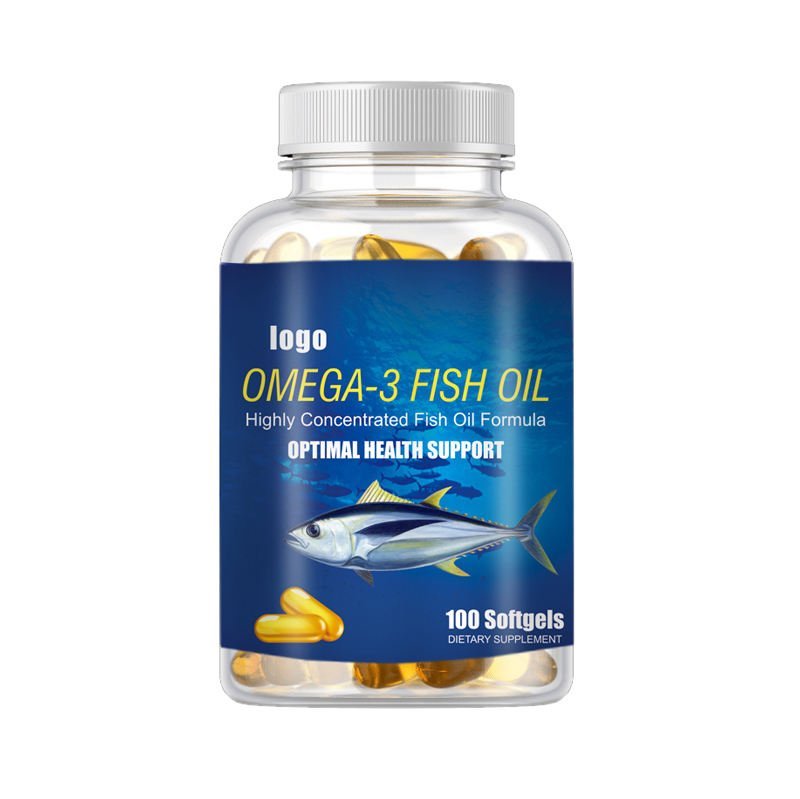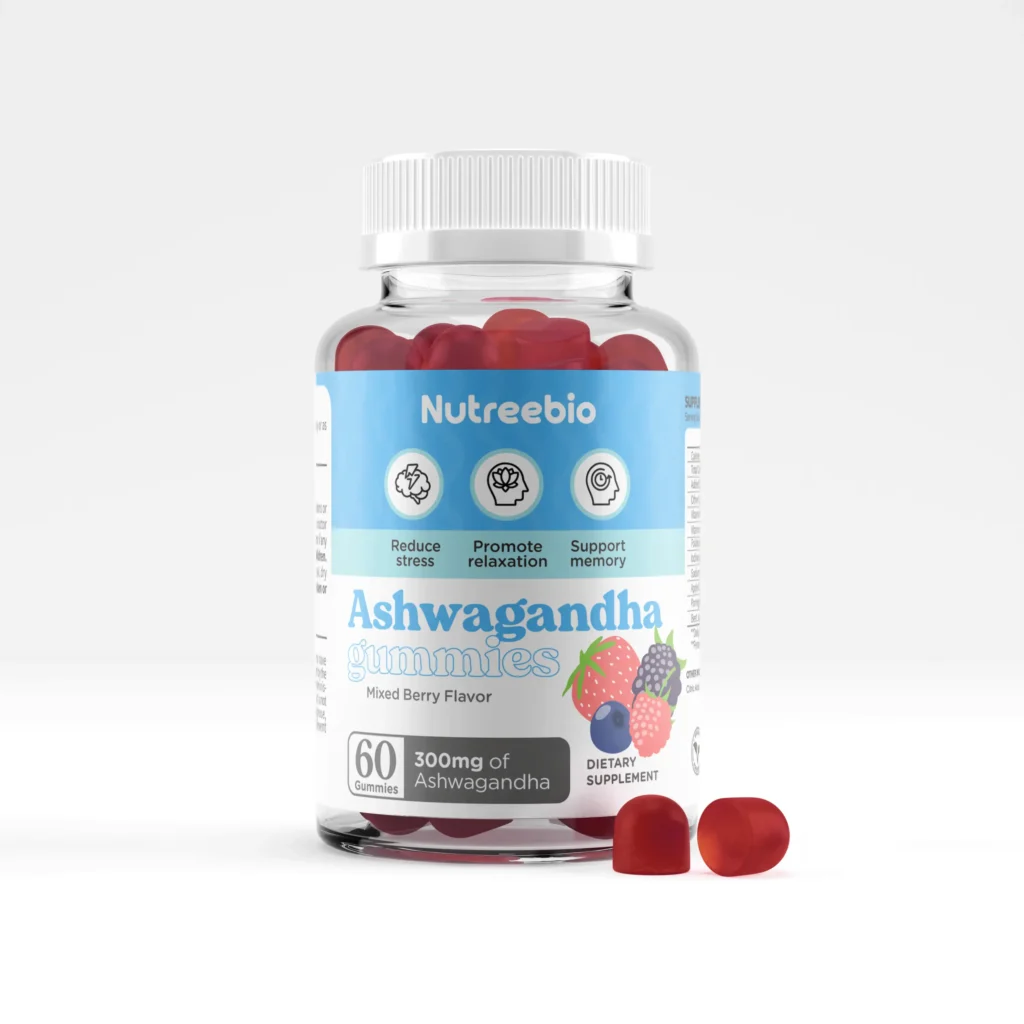With the improvement of living standards and changes in eating habits, the incidence of heart disease has increased year by year, posing a huge threat to people's life safety and quality of life. Therefore, finding and reasonably consuming functional foods that are beneficial to heart health is of great significance for preventing and improving heart disease.
Heart health has received much attention
FMCG Gurus's consumer insights show that 73% of global consumers are interested in obtaining more information about heart health, and 63% of consumers are interested in functional products that cater to heart health. In the past year, consumers have taken various measures to promote heart health, such as eating more fresh fruits and vegetables. Despite the absence of any symptoms, many consumers are still actively concerned about heart health and take a proactive attitude. These consumers said that they prefer to choose supplements with claims related to heart health.
A data released by Forbes also shows that cardiovascular disease (CVD) is the leading cause of death among people, claiming nearly 18 million lives each year. Eating a heart-healthy diet and changing other lifestyles can reduce the likelihood of cardiovascular disease. In terms of diet, limit the intake of saturated fat, trans fat, cholesterol, sodium and sugar. In addition, some functional ingredients also help support heart and cardiovascular health.
1. Coenzyme Q10
Coenzyme Q10, also known as ubiquinone, is a coenzyme present in eukaryotic organisms that perform aerobic respiration. In the human body, Coenzyme Q10 is present in all organ tissues, with higher concentrations observed in the heart, kidneys, liver, and muscle tissue. Many diseases and degenerative states are associated with Coenzyme Q10 deficiency, such as diabetes, cardiovascular disease (including atherosclerosis, hypertension, dyslipidemia), muscular dystrophy, etc.
An experiment on a mouse model of diabetic cardiomyopathy showed that Coenzyme Q10 can reduce diabetes-induced left ventricular diastolic dysfunction, cardiomyocyte hypertrophy, fibrosis, and apoptosis; reduce the expression of atrial natriuretic peptide, connective tissue growth factor, proinflammatory mediators, and β-myosin heavy chain. Other studies have found that three-quarters of heart disease patients have low levels of Coenzyme Q10, and patients with ischemic heart disease and dilated cardiomyopathy have plasma levels of Coenzyme Q10 much lower than healthy people.
Nutreebio has launched a coenzyme COQ10 Gummies, each gummy provides 100 mg of coenzyme Q10, which helps cardiovascular health.
2. Fish oil
Fish oil is oil extracted from fish tissue. Fish oil is rich in unsaturated fatty acids, the most important of which are eicosapentaenoic acid (EPA) and docosahexaenoic acid (DHA), which are widely distributed in tissues and organs such as the heart and brain. The intake of EPA and DHA is essential for maintaining cardiovascular health, and has the effects of protecting vascular endothelial cells, inhibiting thrombosis, and regulating blood lipids.
Studies have found that dietary fish oil supplementation can reduce left ventricular hypertrophy and contractile dysfunction caused by overload stress by upregulating adiponectin expression in adipose tissue and plasma. EPA inhibits the transforming growth factor-β1 (TGF-β1) profibrotic pathway through free fatty acid receptor 4, affects cardiac fibroblasts, and inhibits cardiac fibrosis.
Nutreebio has launched an Omega-3 fish oil capsule containing EPA and DHA, which can protect the heart and cardiovascular system.
3. Betaine
Betaine (N, N, N trimethylglycine) is a small molecule found in a variety of organisms, such as bacteria, plants, and animals. It is a natural, stable, non-toxic substance that can be produced endogenously by oxidation of choline in mitochondria, and can also be absorbed exogenously as a dietary nutrient from betaine-rich foods (such as beetroot, spinach, and various seafood). In the 19th century, betaine was first discovered in the plant beet, hence the name. Betaine was added to the new version of the "Dietary Nutrient Reference Intake for Chinese Residents" in 2023, and the specific recommended value for dietary intake is 1.5 grams per day.
Studies have found that the release of lysosomal enzymes may cause myocardial damage, and maintaining the stability of lysosomal membranes and preventing the release of their contents is an important part of the cardioprotective mechanism. The antioxidant properties of betaine can protect lysosomal membranes from isoproterenol-induced reactive oxygen species (such as proterenol-induced myocardial infarction) and maintain the integrity of lysosomal membranes. A human trial showed that betaine can effectively reduce homocysteine levels in healthy people and those with various diseases. Lower homocysteine levels can reduce the risk of stroke and heart disease, while high homocysteine levels can increase the likelihood of heart disease. The experiment found that taking 4 grams of betaine daily for 6 weeks can reduce homocysteine levels in the blood of healthy people.
4. Ashwagandha
Ashwagandha, also known as Indian ginseng, belongs to the Solanaceae family. In Ayurvedic medicine, ashwagandha is a well-known herb that can be used to improve arthritis, asthma, goiter, and also has cardioprotective properties. In recent years, ashwagandha has become a popular ingredient in the US functional food market.
There is an ingredient in ashwagandha that is known for its anti-cancer properties - withaferin A. A study in albino rats found that low doses of withaferin A were cardioprotective, acting by upregulating the mitochondrial anti-apoptotic pathway, due to increased AMP-activated protein kinase (AMPK) phosphorylation and an increase in the Bcl-2/Bax ratio (AMPK). Treatment of rats with ashwagandha resulted in decreased glutathione levels, decreased superoxide dismutase, catalase, creatinine phosphokinase, and lactate dehydrogenase activities, and a significant decrease in lipid peroxidation. These results suggest that ashwagandha is cardioprotective in an isoproterenol-induced rat necrosis experimental model.
Nutreebio has launched a supplement containing ashwagandha that helps maintain healthy blood pressure levels and supports overall cardiovascular function; boosting blood circulation to ensure the heart remains strong and resilient.
References:
[1] https://www.ncbi.nlm.nih.gov/pmc/articles/PMC6131403/
[2] https://www.ncbi.nlm.nih.gov/pmc/articles/PMC8767101/
[3] https://www.ncbi.nlm.nih.gov/pmc/articles/PMC7576234/
[4] https://fmcggurus.com/blog/heart-health-approaches-and-symptoms-in-2024/
[5] https://www.ncbi.nlm.nih.gov/pmc/articles/PMC10147008/





